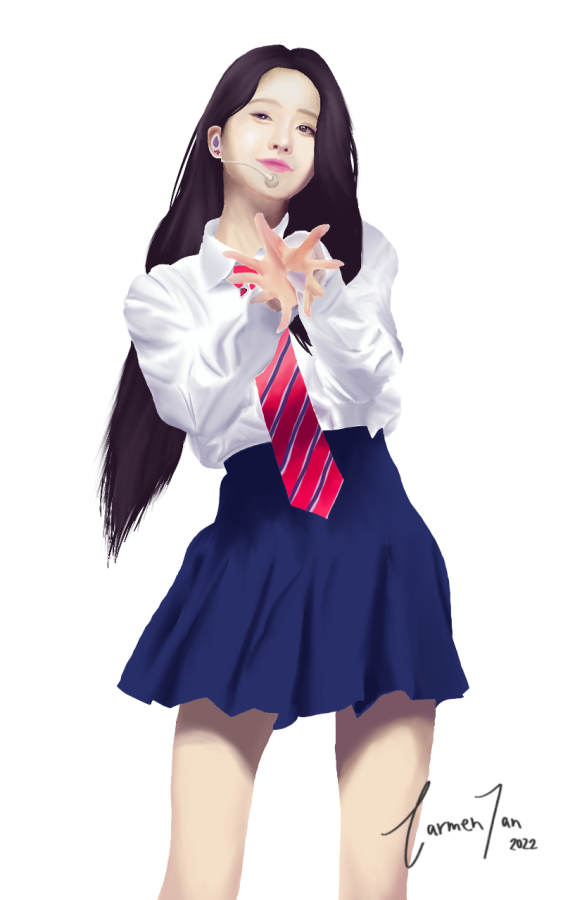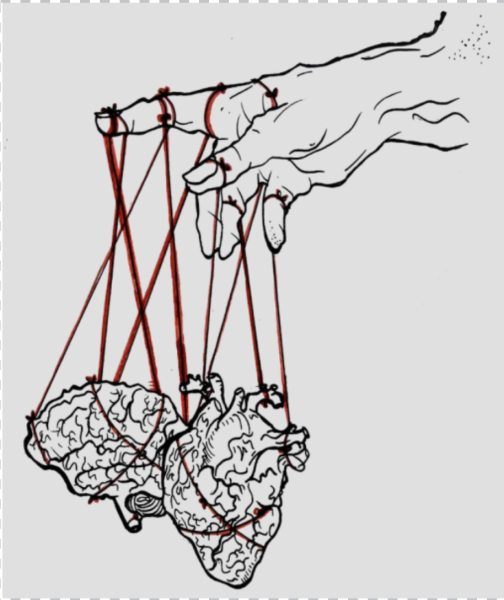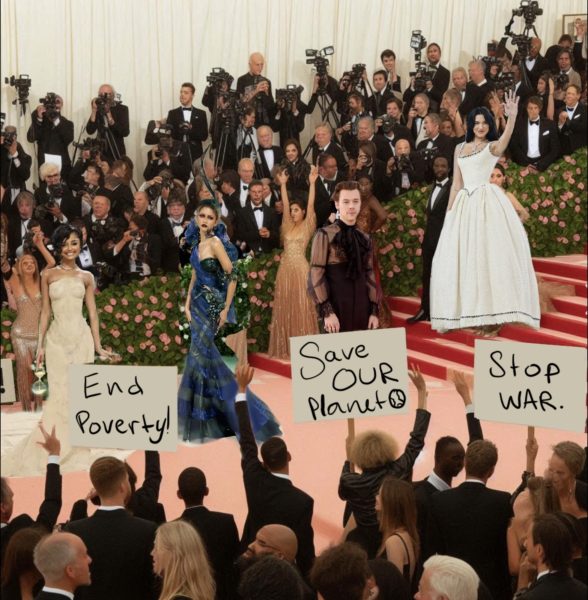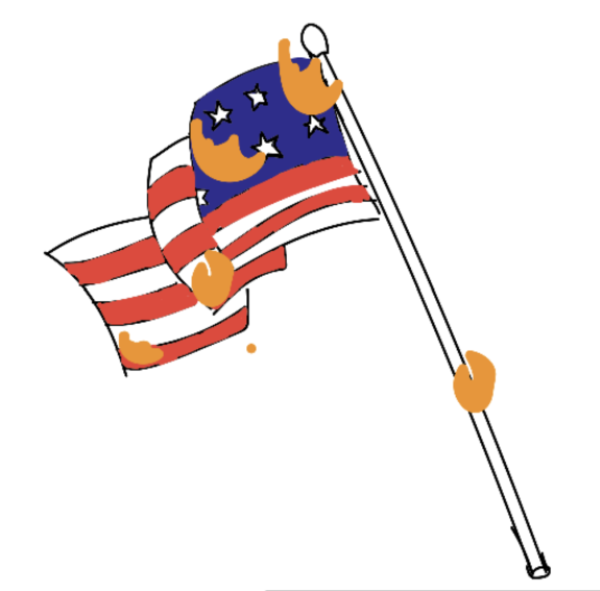Sexism in K-Pop
K-pop. Over the past few years, everyone has most likely heard or read this word at least once or twice, whether it comes up in conversation with a friend, or it’s being read on the news. Whether this word brings up feelings of love or hatred in your mind, there is no denying that K-pop has become a worldwide phenomenon. The music of k-pop groups connect with the minds of fans, and performances and outfits are always eye-catching and entertaining to watch. However, the K-pop industry has its downsides, just like any other music industry, and one of its major problems, just like the Western Pop industry, is sexism.
One major difference between the K-pop and Western Pop industries is the vigorous training that the members have to go through before they get the chance to debut as part of a group. In this intense process, trainees perfect their singing, dancing, and generally being able to maintain their image to the public. These idols are monitored closely to create their ‘perfect’ persona, especially women. Women have always had a disadvantage in the music industry, and this is no different in K-pop.
The most visible form of ‘sexism’ in the K-pop industry is the pressure put on female singers to lose weight and have the perfect body, due to this problem manifesting itself physically. In comparison to Korea, this is improving a lot in the West due to the body positivity movement. Nevertheless, because of both the Korean culture and the want of an ‘ideal’ image in the K-pop industry, the pressure for female idols to lose weight to be as skinny as possible is tremendous. Countless female idols, even those who have heights in the 170s, have weights in the low 40s. This is not only incredibly hard to maintain for the idols themselves, but also makes female fans believe that this is the body that they should be having, as they look up to these singers as their role models.
Something that is much less physical, and therefore a lot more subtle, is the internalized misogyny in the minds of many Koreans. There is a huge double standard that many fans hold for female versus male idols, which is not only in the K-pop industry but in society in general. For example, if a female idol has a ‘resting bitch face’, she will be seen as having a bad attitude, and viewers will criticize her for not being professional. However, if a male idol has the same face, he will be seen as manly or hot, as he is living up to the ‘emotionless’ standard that society wants. In general, the trend is that female idols are seen as lesser than men; they are ‘canceled’ faster and their success is attributed more to their skinny body and pretty face rather than the hard work and effort they put into their practice every day to make their performances the best that they can be.
In the Western Pop industry, singers have much more freedom to write their songs and release albums whenever they please. Contrarily, idols in K-pop are micromanaged by their companies – from being given concepts, songs, and dances, to dates for album drops. This can lead to many female idols singing lyrics written by men, which at times can be quite misogynistic. Additionally, many idols debut at very young ages. This leads to the immense sexualization of female idols who are still minors, as many of them have to sing songs that were given to them by their companies and are not appropriate.
Even through this male-dominated industry, female artists are doing everything they can to make their voices heard. Both members of girl groups and female soloists are writing and producing their own music, and female producers in big companies are making music for many different groups. Most importantly, this means that we are getting music about love and sexuality from a woman’s point of view, a perspective K-pop sorely lacked. Female idols are constantly protecting and supporting each other, and these gestures of female friendship lead fans by example, showing them that they shouldn’t be insecure and fight for the attention of men. Although these female idols are far from perfect and so much of their images are controlled by men, K-pop is still improving today. These female artists deserve respect for continuing to fight and progress through this hugely male-dominated industry.

I am a 17 year old American-Indian student going to ISL, and have been a part of The High for 4 years now. Though I claim to be the least creative person...
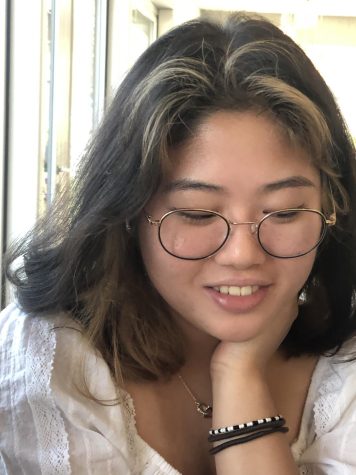
I’m a 16 year old student in ISL. I've been in ISL for 8 years. I work on the illustrations for articles (specifically the horoscopes column) and a podcast,...


